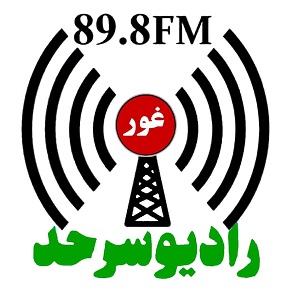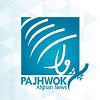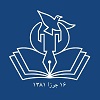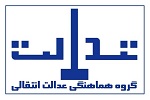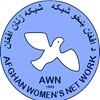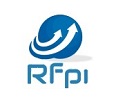Call for Session Organizers: Civil Society Program (CSP) of the 56th ADB Annual Meeting in Incheon, Republic of Korea
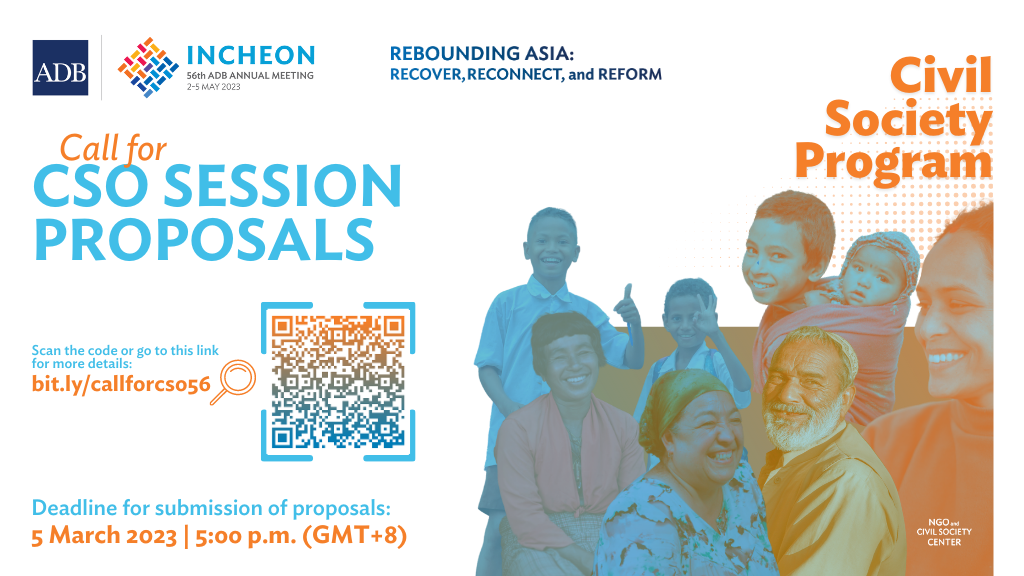
Deadline: 4-Mar-23
The Asian Development Bank (ADB) invites civil society organizations (CSOs) to submit proposals for the Civil Society Program of the 56th ADB Annual Meeting in Incheon, Republic of Korea.
The Civil Society Program aligns with this year’s 56th ADB Annual Meeting’s theme and aims to reflect on ADB-CSO engagement in the past years, as well as envisioning the future of their collaboration in support of its Strategy 2030, ADB’s long-term corporate strategy. The strategy sets seven operational priorities (OPs) to contribute to ADB’s vision of achieving prosperity, inclusion, resilience, and sustainability in Asia and the Pacific.
Interested CSOs are requested to submit their draft proposal and session design using the templates provided in the form’s annexes, no longer than two pages, excluding attachments.
Theme: The Asian Development Bank (ADB) will hold its 56th Annual Meeting of the Board of Governors (AGM) in-person on 2-5 May 2023 in Incheon, Republic of Korea with the theme Rebounding Asia: Recover, Reconnect, Reform Incheon 2023.
Operational Priorities
- Strategy 2030 sets seven operational priorities, each having its own operational plan. The operational plans contribute to ADB’s vision to achieve prosperity, inclusion, resilience, and sustainability, and are closely aligned with Strategy 2030 principles and approaches.
- for a summary of the expected activities, outcomes, and new opportunities in the operational plans.
- Addressing remaining povertyand reducing inequalities
- Supports the Sustainable DevelopmentGoal agenda to tackle poverty and inequality and leave no one behind.
- Strategic Operational Priorities
- Human capital and social protection enhanced for all
- Quality jobs generated
- Access to opportunities increased for the most vulnerable
- Accelerating progress in gender equality
- Support for gender equality and women’s empowerment is also central to the 2030 Agenda for Sustainable Development.
- Strategic Operational Priorities
- Women’s economicempowerment increased
- Gender equality in human development enhanced
- Gender equality in decision-making and leadership enhanced
- Women’s time poverty and drudgery reduced
- Women’s resilience to external shocks strengthened
- Tackling climate change, building climate and disasterresilience, and enhancing environmental sustainability
- Thirteen of the seventeen Sustainable Development Goals are relevant to or will be impacted by actions on climate change, climate and disaster resilience, and the environment.
- Strategic Operational Priorities
- Mitigation of climate change increased
- Climate and disaster resilience built
- Environmental sustainability enhanced
- Making cities more livable
- Cities in Asia and the Pacific have unprecedented opportunities to transform the well-being of their citizens and to catalyze economic development through increased urbanization by 2030.
- Strategic Operational Priorities
- Improve access, quality and reliability of services in urban areas
- Strengthen urban planning and financial sustainability of cities
- Improve urban environment, climate-resilience and disaster management of cities
- Promoting rural development and food security
- Although significant progress has been made in meeting food security, in Asia and the Pacific, hunger and malnutrition persist.
- Strategic Operational Priorities
- Rural development enhanced
- Efficiency of agricultural value chains improved
- Food security increased
- Strengthening governanceand institutional capacity
- Governance and institutional reforms are needed to sustain development momentum in the region and to ensure that the benefits of growth are equitably and widely shared.
- Strategic Operational Priorities
- Strengthened public management and financial stability
- Enhanced governance and institutional capacity for service delivery
- Strengthened country systems and standards
- Fostering regional cooperation and integration
- Operations are expected to enhance connectivity and competitiveness, promote regional public goods, strengthen cooperation in the finance sector, and strengthen subregional initiatives.
- Strategic Operational Priorities
- Greater and higher quality connectivity between economies
- Global and regional trade and investment opportunities expanded
- Regional public goods increased and diversified.
Target participants
- CSOs, both operationally-focused and advocacy organizations, currently work with ADB across several areas, including:
- stakeholder engagement throughout project design,
- implementation of components of ADB-supported projects, particularly in the delivery of social services,
- monitoring and evaluation, and
- policy design and review, particularly in sectors and themes such as gender, safeguards, and others.
- CSOs who also work with ADB through partnerships for knowledge generation and sharing, as well as in the review and updating of its institutional policies.
Eligibility Criteria
- ADB members send a delegation of government officials to attend the meeting. These participants are decided by each member government.
- ADB welcomes the participation of accredited civil society organizations (CSOs) to its Annual Meetings.
Guide to Submitting Session Proposals
- CSOs should consider the following in designing their session:
- Clarify link to any of the seven operational priorities and to this year’s theme;
- Clarify focus on CSO perspectives on any of the seven operational priorities and this year’s theme, and recommendations for meaningful ADB-CSO engagement in any of these;
- Establish quality and expertise of the panel of speakers;
- Establish demonstrated capacity to deliver a high-quality session (e.g., confirmation of the panel of speakers, diversity in gender, age, and country);
- Establish ability to draw from a wide number of Annual Meeting attendees and organizations;
- The session may run for 60 minutes up to a maximum of 90 minutes. It can be organized solely by the proponent CSO or together with other organizations;
- It is required that the session include at least one speaker under age 35 as part of the panel, to ensure voice and perspectives of the youthon the proposed topic;
- It is encouraged that the session include a speaker from ADB as part of the panel. The proposal should identify a proposed management or staff member to be part of the panel. ADB will assist proponent organizations in identifying an appropriate member from ADB to serve as speaker for the panel.
- The CSOs will prepare key highlights of the session within 48 hours after it is completed (maximum 320 words). The key highlights will form part of the overall 56th AM documentation of events.
For more information, visit Civil Society Program.

